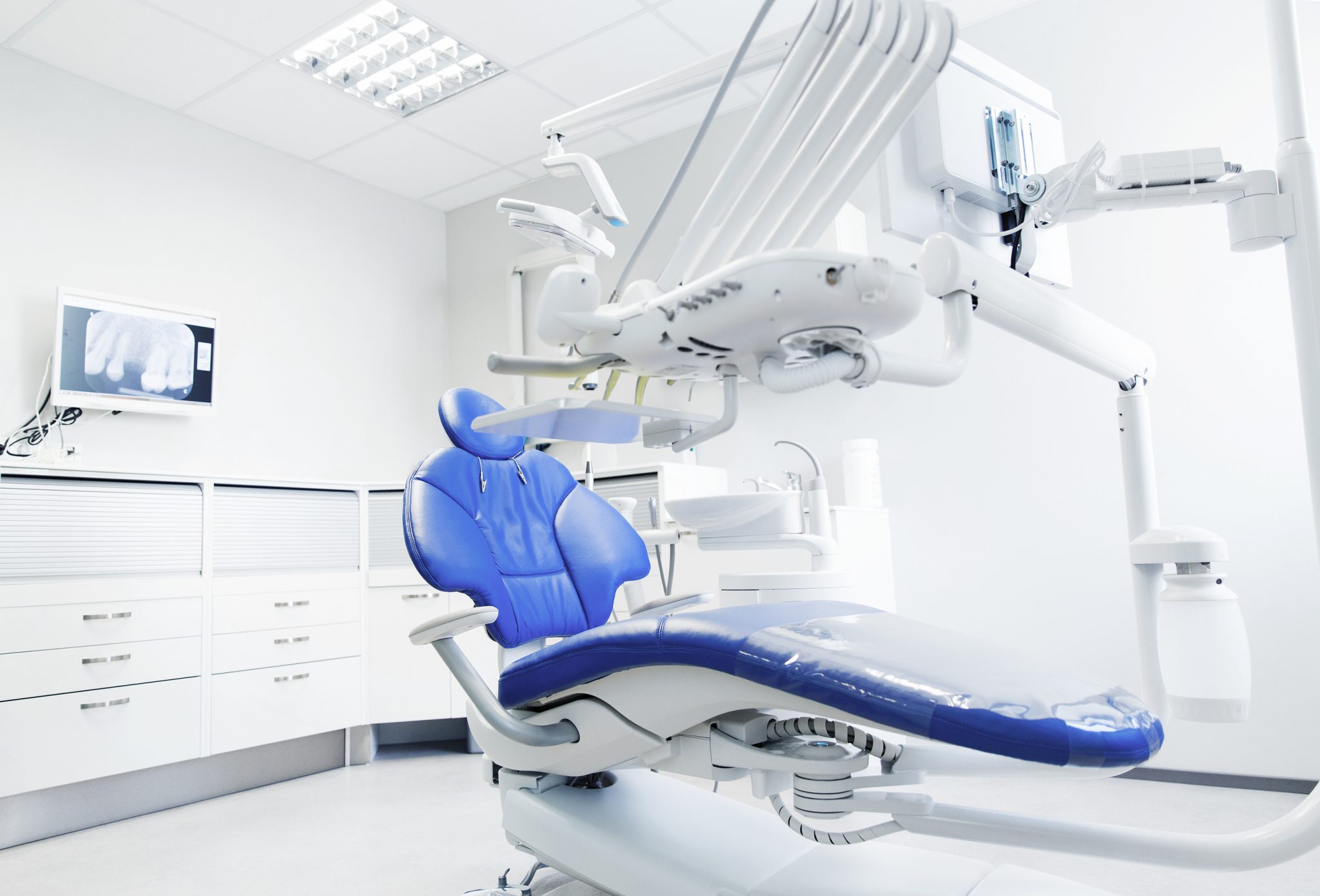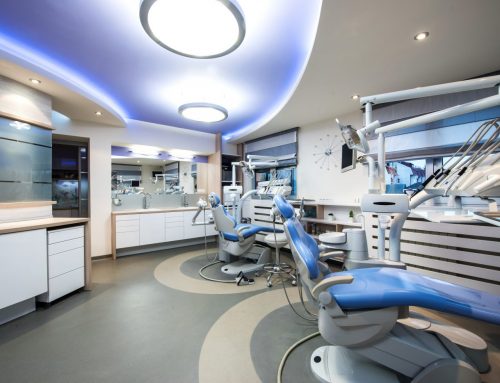Are you planning to sell or transition out of dentistry in the next 10 years?
 Don’t wait until you’re approaching the latter stages of your career to plan for retirement. The key to a smooth, risk-free transition lies in the provisions and clauses of your dental office lease agreement. Ideally, you should begin structuring the lease for transitioning at least 10 years ahead of retirement.
Don’t wait until you’re approaching the latter stages of your career to plan for retirement. The key to a smooth, risk-free transition lies in the provisions and clauses of your dental office lease agreement. Ideally, you should begin structuring the lease for transitioning at least 10 years ahead of retirement.
Having spent over 20 years representing dentists, we have experienced many unfortunate instances where landlords become roadblocks to practice sales and greatly diminish practice value.
The Awful Truth
Establishing Your Leasing Needs
Outlining your current situation and career plans in advance of your lease negotiation will help you avoid the above traps. Ask yourself some of the following key questions:
The above are some of the important factors to consider when building the right negotiation strategy to support your transition plans.
Impactful Clauses in the Dental Office Lease
The Assignment Clause
The “Assignment Clause” in your lease has a direct effect on your ability to sell your practice. Many dentists are unaware that the assignment clause may give their landlord the right to refuse their transition request. In addition, they may have the right to terminate the lease agreement altogether, forcing you out of the space with 30 days’ written notice.
Why Would My Landlord Terminate the Lease?
There are multiple reasons why your landlord would exercise this right. Most frequently, they will opt to terminate the lease to make room for another tenant that’s agreed to pay significantly more rent than you.
Another motive is to leverage your vulnerable position and request “consideration” from your practice sale in exchange for not forcing you out of the building. “Consideration” typically includes sale proceeds.
This behavior has resulted in many dentists having to provide hundreds of thousands of dollars to their landlord, all due to the way the assignment clause was inadequately set up in their dental office lease.
The Surrender Clause: Restore the Space Back to its Original Condition
Your lease may require you to restore the space back to its original shell condition (base building standards) when you exit, as per the “Surrender Clause”. This undertaking can cost you hundreds of thousands of dollars in construction costs. Further, should you be selling your patient charts only, the purchaser may push to pay you less for them as a result of the liability that comes with the Surrender covenant. Learn more about the $100,000 traps hiding in your dental office lease and watch the video.
“My Landlord Would Never Take Advantage…”
 Now, you may be thinking that the above circumstances will never apply to you because you’re in such good standing with your landlord; maybe you’re even friends. Wrong. Regardless of the relationship you may think you have with your landlord, it’s important to remember that real estate is a business, and just like you make the right decisions for your business, your landlord will do the same for theirs.
Now, you may be thinking that the above circumstances will never apply to you because you’re in such good standing with your landlord; maybe you’re even friends. Wrong. Regardless of the relationship you may think you have with your landlord, it’s important to remember that real estate is a business, and just like you make the right decisions for your business, your landlord will do the same for theirs.
Landlords are concerned with maximizing the value of their properties, and if that means removing you to make room for a higher paying tenant or requesting sale proceeds, then that’s what they’ll do.
How Do You Avoid These Leasing Mistakes?
Prepare in advance. Don’t wait until you’re in your in the latter stages of your career to begin thinking about your dental practice transition. Start preparing at least 10 years ahead of your planned transition by setting up your dental office lease properly. Thoroughly review it for risks and have the right negotiation strategy in place to secure a lease that will support your risk-free and peaceful exit out of dentistry.
Sign up for a personalized dental office lease consultation with a Cirrus expert!



